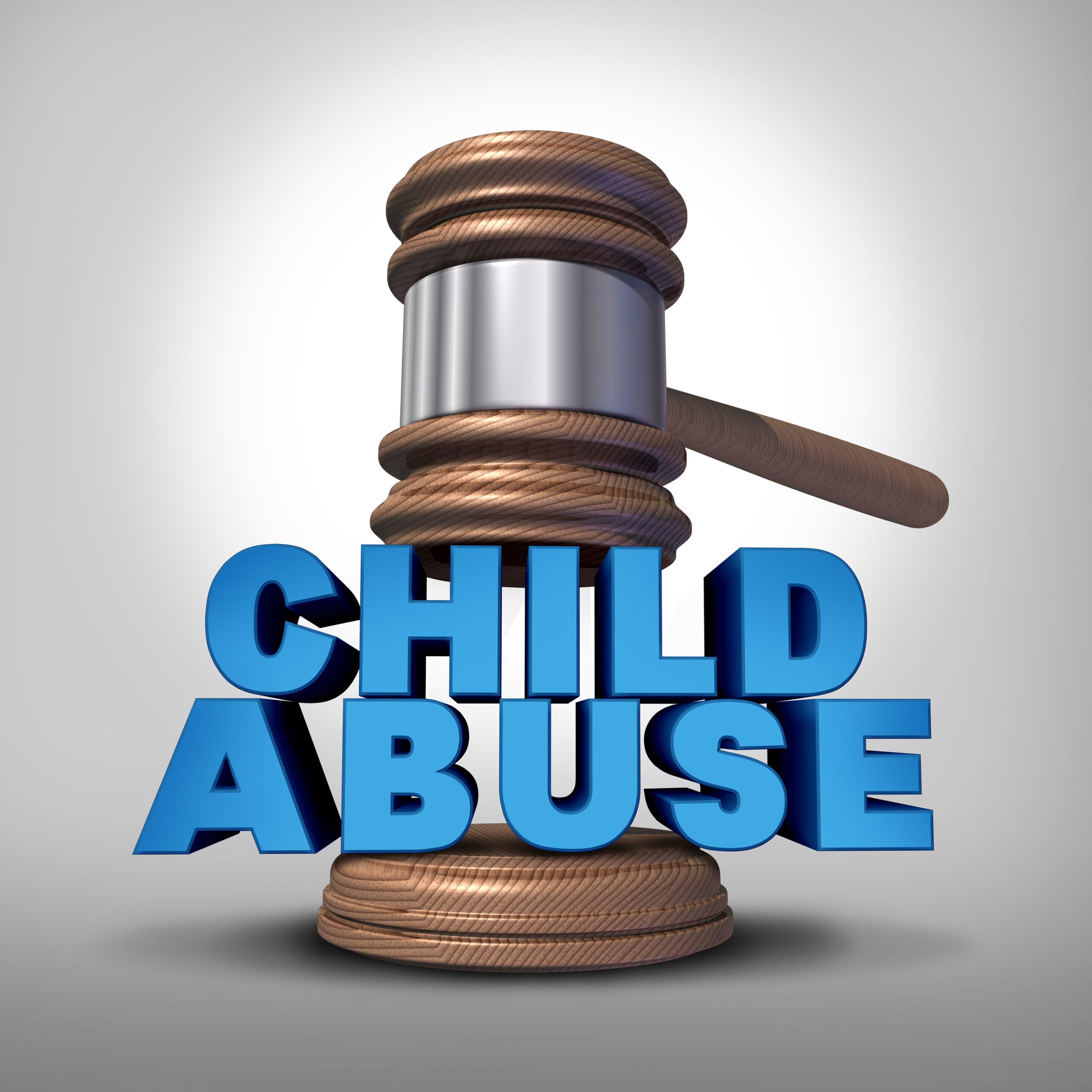It’s our parents’ job to protect us from harm. Sadly, some parents don’t protect their children and even inflict abuse on them. Children who are abused may suffer from permanent psychological, emotional, social, and physical wounds that can lead to destructive behaviors such as addiction, committing crimes, and domestic violence. Child abuse happens to people of all socioeconomic levels, religions, and cultures.
Victims of child abuse and neglect deserve justice for the abuse they suffered but it is not always possible. When child abuse victims become adults, they may wonder if they can sue their parents for child abuse?
Can You Sue Your Parents for Child Abuse?
Adult survivors of child abuse inflicted on them by a parent, foster parent, or legal guardian have the legal right to file a civil lawsuit for damages, but these cases rarely move forward because most personal injury settlements and judgements are paid by an insurance company and parents don’t keep insurance policies in case their children sue them. This means that unless your parents have considerable wealth, a winning lawsuit against them may not be worth much more than the paper it’s printed on.
In addition, a civil lawsuit to hold a parent liable for child abuse may only be appropriate when the abuse rose to the level of a wrongful or illegal act and the act caused injury and damage to the person bringing the case.
What type of abuse could be considered a wrongful or illegal act?
Kids often get frustrated with their parents’ rules or discipline but most normal parenting behaviors would not be considered wrongful or illegal acts. These four types of abuse could lead to a legitimate personal injury claim:
- Sexual abuse/assault/rape (including sex acts, fondling a child’s genitalia or forcing a child to fondle an adult’s genitalia, taking pictures of a child’s genitalia or female breast area, indecent exposure, showing pornographic materials to a child, and exploitation through prostitution)
- Physical abuse (non-accidental physical injury)
- Neglect (failure to provide for a child’s basic needs, including physical, medical, emotional, and educational)
- Abandonment
- Emotional/psychological/mental abuse (Includes terrorizing a child with threats of violence or abandonment)
- Substance abuse (prenatal use of illegal drugs that harms the child, taking substances that prevent a parent from caring for their child, manufacturing methamphetamine in front of children, or giving drugs or alcohol to a child).
Physical discipline such as spanking or paddling is not typically considered abuse as long as the discipline is viewed as reasonable, and the child was not physically injured. Speak to a child abuse lawyer who represents plaintiffs in child abuse cases to discuss your legal rights.
Proving child abuse for an injury claim
While a civil case doesn’t require proof beyond a reasonable doubt like a criminal case, evidence must still be gathered to prove that child abuse occurred. With the potential for many years passing in between the abuse and the injury claim, gathering evidence could be a challenge. Witnesses who recall signs of abuse may be helpful to the claim.
Statute of limitations for minor’s legal claims
Since a child may not be ready or able to sue their parents until they are an adult, it’s important to understand statute of limitations laws for cases involving child abuse in Washington State.
Thankfully, in every state, the statute of limitations for a minor’s legal claims doesn’t start until the minor reaches the age of 18. In Washington State, three years is the standard length of time that a person has to file an injury lawsuit against a defendant. That means that if child abuse occurred when someone was between the ages of 10 and 16, for example, they would have three years from their 18th birthday to file a claim.
Recoverable damages
If there is a viable case, damages for child abuse may include:
- Rehabilitation expenses for disabling injuries
- Mental health care costs, including therapy and inpatient and outpatient treatment
- Loss of future income
- Extreme emotional distress
- Medical costs
If you believe that you may have a viable case, it is best to consult a local personal injury lawyer to discuss whether it makes sense to pursue a legal claim.





